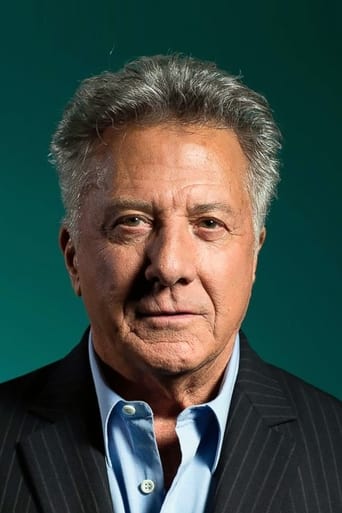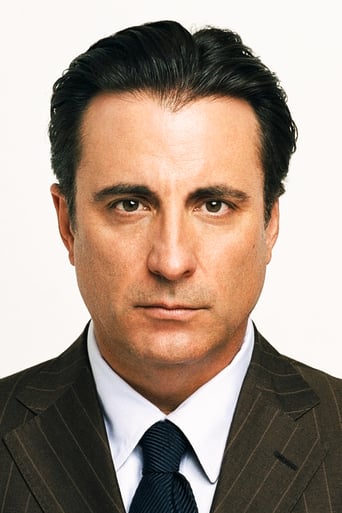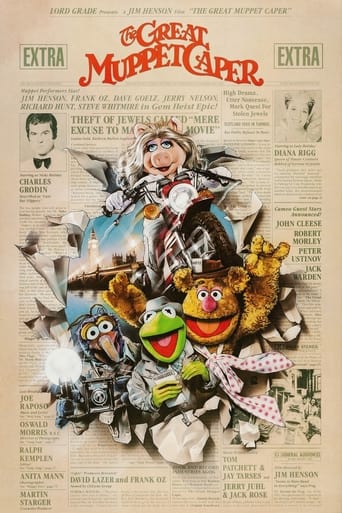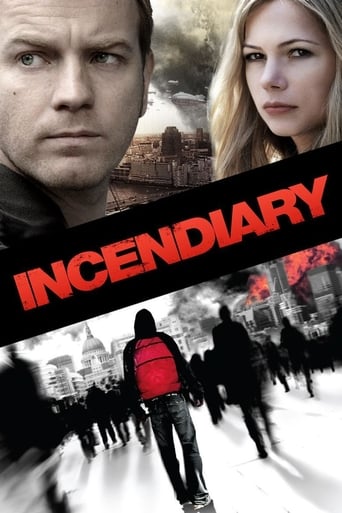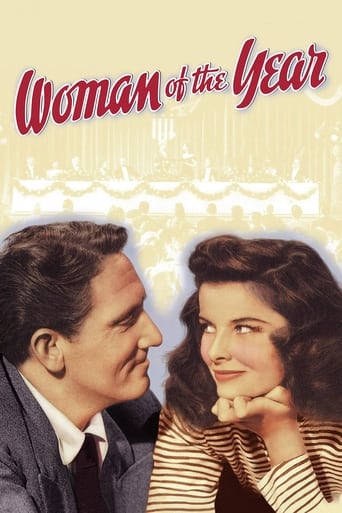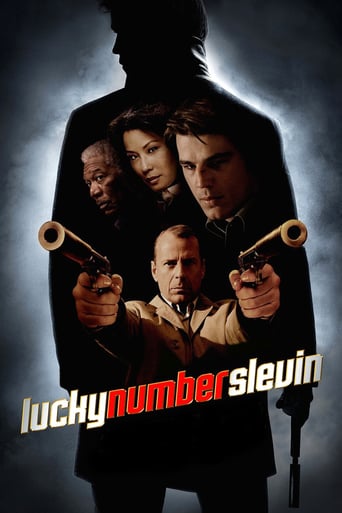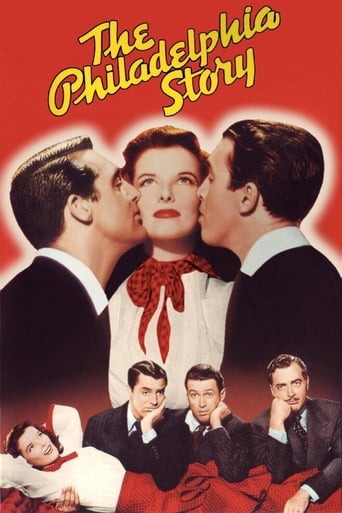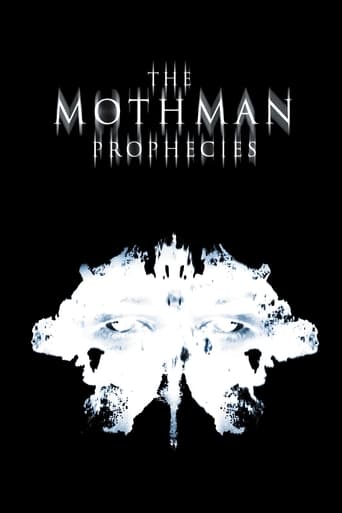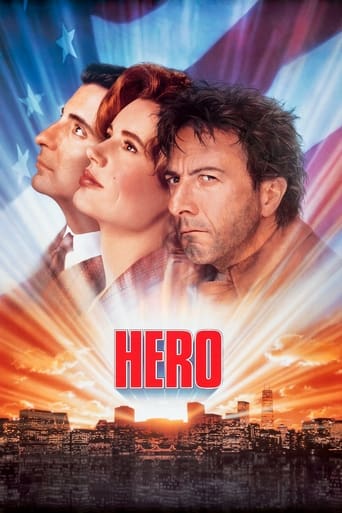
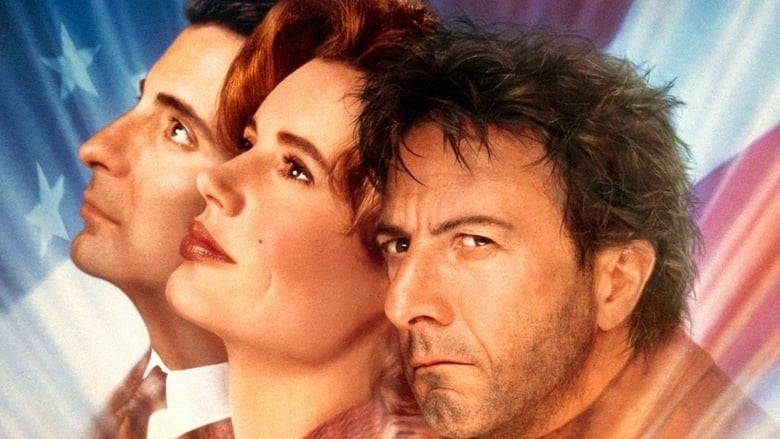
Hero (1992)
Bernie Laplante is having a rough time. He's divorced, his ex-wife hates him and has custody of their son, the cops are setting a trap for him, then to top it all, he loses a shoe whilst rescuing passengers of a crashed jet. Being a thief who is down on his luck, Bernie takes advantage of the crash, but then someone else claims credit for the rescue.
Watch Trailer
Cast


Similar titles
Reviews
The premise of Stephen Frears' "Hero" is a Capra movie written by a cynic, which is good. Yet it ends like a Capra movie, which, by the 90's standards, isn't so good.TV replaced newspapers as domineering media. Journalists are modern vultures in quest for sensational stories. Geena Davis is one of them, Gale, the wisecracking Jean Arthur-figure, fantasizing about THE scoop while crossing her legs on her boss' desk. And Andy Garcia is John Bubber, Gary Cooper's John Doe, the bum toyed by the media to become an instant hero, for a public hungry for models."Hero" asks insightful questions about our need of heroic figures as scapegoats to vent our social anger on. The most thought-provoking question it asks is to which extent we're ready to accept a phony yet pleasing reality rather than a non photogenic truth. And the cynical aspect of the film is embodied by the main character: Dustin Hoffman as Bernie LaPlante, perhaps the only person in the film who doesn't inspire a déjà-vu feeling from a Capra film, although he looks like an older version of Ratso Rizzo, the depth lacking.LaPlante is a small time crook specialized in pick-pocket and gold cards selling. To say that he's a loser is an understatement: he's divorced, her wife married with a fireman, his son loves him but hasn't got much to admire. To accentuate the pathos, LaPlante steals the purse of his lawyer during the trial that makes his jail sentence imminent and having his free days numbered doesn't make him remorseful at all. Not only he gives his son the kind of advice to show that a Father-of-the-Year, he ain't, he also keeps his stealing habits. We get it, LaPlante is unredeemable.Is he? Maybe the portrayal of LaPlante flirts with one-dimensionality to better prepare us for the film's pivotal moment when he saves, all alone, 54 passengers from a crashing plane by just opening the emergency door. A panicked boy begs him to find his father, LaPlante's son reflecting in these sad-looking eyes decides him for once, to accomplish one unselfish deed. He saves many passengers trapped in the plane, including Gale whom, conditioned by his job, he steals the purse. The trick is that he never finds the father (who safely left the plane) and out of guilt, chooses to fade in anonymity again, while, Gale, on stretchers, also conditioned by her job, is already trying to find the hero.The rest of the film is pure Capra material, the TV channel tries to find the mysterious man, and the only hint left is the shoe Bernie left before getting on the mud. The mysterious Cinderella man or 'Angel of the Flight 104' becomes the most wanted man of America. Bernie tells the story to the lucky John Bubber who drove him home on his van (which is also his house) leaves his shoe so he can give it to a crippled friend, and naturally, when one million dollars are offered, Bubber has his moment of weakness. Everyone is convinced, starting by Gale, a sweet, good-looking and sincere Vietnam vet, the perfect antithesis to men like LaPlante.Except that he's not the hero, and that's the cynical core of Stephen Frears' comedy, when truth matters less than the way media depicts it, when phony figures bring more hope and goodness than real ones, especially in the crisis-stricken America of the early 90's. Bubber is perfect beyond words, becoming a sort of modern prophet, awakening a comatose kid with the right words. At that point, the film is so full of irony that we stop waiting for LaPlante to raise his voice, we wonder if it really matters, since Bubber really helps people. Of course, the story can't do without the recognition of LaPlante's merits.And this is where the main weakness lies. No one ever listens to LaPlante, not after the disaster, no after he learned about the reward. Take the scene where he gets back home all mud-covered with one shoe left, his wife doesn't even try to know what happened, she angrily blames him for disappointing his son, who wanted to go to the movies! I was like "oh no!", he'd just seen his son! they could've come with better than that. What if she didn't believe him, while the son does? How come LaPlante never tells anyone or tries to confront Bubber, through another channel? The same pattern works in reverse: when Bubber tries to tell the truth to Gale, she doesn't let him speak. You know something is wrong when the simplest situation in the world doesn't happen for the sake of a script. The result is that most of the film consists on LaPlante getting more and more pitiful, Bubber more and more heroic, and in-between, Gales doesn't have suspicion only until the last minute. The result is a good satire about the social role of media but an average comedy that never challenges its own potential and keeps on repeating the same situations.It's just as if Frears were so hurried to get to the scene when the name of LaPlante would be mentioned on the same breathe than Bubber and everyone reacts to it, that he took the 'easy way' to get to it. Dustin Hoffman specialized in various roles where he pointed out the role media frenzy can play on a social level, from "All the President's Men" to "Mad City", "Wag the Dog" or "Tootsie", in the best ones, things always go totally out of proportions and even media can't control them. In "Hero", everything stays in-control and kind of kills off the whole cynical aspect of the premise.It's just as Frears trusted us to believe in the characters' actions', while if there's one thing to learn from his own film, is to never take firm beliefs for granted.
Interesting little movie this is. On the top it doesn't seem to be that much, but when one begins to look deeper one sees that this movie is very scathing of the media and the way they turn people into celebrities, even though they did nothing to deserve it. The major theme of this movie is that of appearance and reality - what is real, and if television says it does that mean that it is true? And are those heroes we see on television really heroes or are they just foolish people who were damn lucky? Bernie Le-Plant (Dustin Hoffman) is the typical everyday cretin. He has just been convicted of receiving stolen goods and he is to be sentenced in six days. During the trial he steals a heap of money off of his lawyer, who is only a court-appointed lawyer that he does not like, and then goes off to make himself look good in the eyes of society by seeing his son. While going to get his son, a plane crashes in front of him, and because he cannot drive over the bridge as there is a burning plane in the way, he rather reluctantly goes and opens the door, after removing his $100 shoes. After letting the people out, a kid asks him to find his dad, so rather reluctantly Bernie goes into the plane and saves those trapped in there, but there is no Fletcher, as he has already escaped. While rescuing a journalist, he decides to steal her purse. The twist evolves when he loses one shoe and gives the other to a vagrant, John Bubba (Andy Garcia), who lives out of a truck. Bubba is a nice and honest guy, but when the television station offers a million dollars to the person who rescued the people from the plane, Bubba cannot resist and takes the shoe and claims the prize. Unlike Cinderella, Bubba is not the real princess, yet he turns out to be the most deserving one. Now that they have their hero, the media sets about turning him into a god. Everybody loves him and literally hangs of every word he says. Everybody by the real hero, Bernie Le-Plant. The thing is that Le-Plant is not the hero type - Bubba visits hospitals and give people hope, while Le-Plant just simply wanders around stealing credit-cards and landing up in jail. Though Bubba is not the real hero, he conforms to the people's idea of a hero and thus finds himself trapped in the role. He tries to get out by trying to speak the truth but nobody really wants to listen to him - he is the hero and nothing is going to change their minds about it. The most interesting aspect of the movie occurs at the climax where Bubba is standing on the ledge of a building wanting to jump off. He is fed up with living a lie and Le-Plant is haunting his dreams. He knows Le-Plant is the real hero and the guilt of his lie is tearing him apart. Le-Plant gets out onto the ledge to save Bubba, and they begin to talk, but as they talk, the media slowly begin to twist things around - what began as Bubba wanting to jump and Le-Plant talking him down, becomes Le-Plant wanting to jump and Bubba saving him. Bubba is the hero figure and the media want to milk it for as much as they can. By the time they are back into the building, everybody has forgotten that it was actually Bubba out on the ledge originally wanting to jump. The movie shows us a very cold and indifferent side of the media. The quote about suicidees is not trying to talk them down - that does not make a good news story - but not catching them least they pull you over as well. The journalist comes slowly to see this side of the media as the person whom she has come close to - Bubba - is now the target of the media's sensationalism. Her cameraman still does not understand, and simply wants to see somebody making a red mark on the ground. As the news stations buzz with activity at the action occurring on the skyscraper - the talk is not about bringing them down, but digging up information regarding the people on the ledge. When another station discovers who Bernie Le-Plant is and slowly manipulates the story around to suit them, the executive has a fit as they did not get the information first. As what was said in Wag the Dog, a movie with a similar theme, if it is said on television then it must be true - one cannot contradict a story that has been developed by another station, unless the contradiction reveals even more sensational evidence.
A small time Chicago grifter (Dustin Hoffman, doing a broad variation of Ratso Rizzo) rescues the victims of a plane crash, including hot-shot TV journalist Geena Davis, but watches down-and-out Andy Garcia take the credit and, more importantly, the million dollar reward offered by Davis' newsroom to help milk a great story. The set up is clumsy and the ending is unforgivably anticlimactic, but in between is a compact, subversive black comedy, mocking the common daydream of being an anonymous hero by showing the headline hungry press and gullible public going hog wild over an impostor. Some of the dialogue (ignoring one embarrassing speech by Davis using an onion as a visual aid) has the same myth-kicking satire of a classic Preston Sturges comedy, but the script (by the author of the similar but much more serious 'Unforgiven') is too often let down by the counterfeit screwball touches and typically glib style of director Stephen Frears. The perfect ending is also spoiled by at least ten added minutes of surplus resolution; just ignore everything after Hoffman and Davis finally confront each other during the climactic scene at the Drake Hotel.
Bernie LaPlante (Dustin Hoffman) is far from an ideal citizen of New York City. He's a two-bit crook and his chickens are finally coming home to roost, that is, he will be sent to prison. However, his young lawyer secures him a week "to get his affairs in order". This includes saying goodbye to his ten year old son, Joey, ditto to his ex-wife, Ev (Joan Cusack) and getting his boss to write a letter of recommendation for him before sentencing. However, one night, chaos reigns. Bernie is supposed to take his son to the movies but, in a severe thunderstorm, a plane goes down right in front of Mr. LaPlante. The door to the aircraft is blocked and a fire has started. Unbelievably, Bernie gets the door open and rescues the passengers, including hotshot reporter Gale (Geena Davis). After doing this heroic act, however, LaPante quietly heads over to his son's house. Its way too late, as Eve informs him, and she sends him packing. On the way home, further trouble arrives when his car breaks down and he must hitch a ride from homeless vet John Bubber (Andy Garcia). It is there that Bernie tells John about his courageous act, with John duly impressed. As Bernie has only one shoe from the ordeal, he leaves it with Bubber for a one-legged man of John's acquaintance. Ho, ho! Soon the press and Gale, especially, is looking for the "hero" and they offer a reward of a MILLION BUCKS to help entice him into the limelight. However, Bernie has set up another crooked meeting and gets whisked off to jail. Its John, instead, who comes forward, for he has the Cinderfeller shoe that matches the one the press has found. Now, everyone believes Bubber is the hero, and in all sincerity, his former past as a hero of Vietnam is revealed, along with other charitable acts. But, once Bernie is sprung on bail one last time, will he "spoil" the story by giving the press the real scoop about which one of them is the true hero? This is a terrific movie that belongs on a list of 100 best films. It is intelligent, humorous, and very relevant. The cast, too, is superlative, with Hoffman giving one of his best performances ever as the grumpy, law-bending Bernie. Davis, Garcia, Cusack, an uncredited Chevy Chase and all of the others are great, too. The direction of Stephen Frears is also topnotch while the script, sets, costumes, and camera work are fantastic as well. In short, this one is a genuine keeper for the ages. Be a hero or heroine to someone who has never seen it and arrange a showing soon.


